What’s in a name
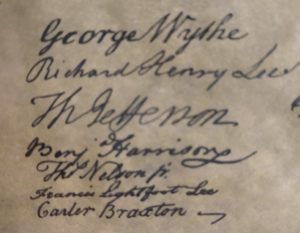
What is in a name? In our modern times there are three parts to a name. The first, or given name. Then there is the middle name, usually a name that a set of parents like or sounds good and, in many cases, a family name that gets passed down through the generations. Finally is the last, or surname, which is a hereditary name common to all members of a family. Surnames, which generally did not start coming into use until after the 11th century, usually denotes some characteristic of an individual; trade, father’s name, location of birth, or physical characteristics. For example, my surname Long, the ancient roots of the family name denotes someone who is big or tall (which is fairly accurate, as many in my family are tall).
Generally speaking, middle names were very rarely used in the colonial era of our country. There were exceptions to this rule though. In the 18th century, Germans began to flood into the colonies, mainly into Pennsylvania as it was a colony known for its religious tolerance. The colony of Virginia also had a population of Germans who were established at Germanna in modern day Orange County. Many Germans carried middle names; for example, my 7th great grandfather was John Jacob Gochenour who came to Pennsylvania from Switzerland in 1732. Aside from some exceptions as this, most colonists in the colonial era did not have middle names. Middle names were illegal in Europe for use by others not of the nobility class.
Middle names were in use, on rare occasions in other colonies in the 17th and 18th centuries. Some more famous examples of middle name usage in the 18th century were the brothers and founding fathers, Richard Henry Lee and Francis Lightfoot Lee, signers of the Declaration of Independence. It was extremely rare for women to have middle names prior to the 19th century, with the exception of German families who immigrated to the colonies. Anne Catherine Spotswood, my 7th great grandmother is a good example of an exception to this rule. She was the daughter of Virginia’s royally appointed lieutenant governor, Alexander Spotswood.
With the advent of the 19th century, middle name usage began to be used and as the century progressed, this usage became more common. What is the explanation for the increase in usage of middle names? The two main reasons are increased population, the need to distinguish others of the same name and, simply put, it just became a fashion or a fad to have a middle name. One of the fashions of middle name usage in the 19th century was to name a child after a famous person of the day or era. A couple examples of this are John Adams Eberly and George Washington Partin, both 3rd great grandfathers of mine. Both were named after presidents, probably because their fathers were admirers of these two illustrious men. In other instances, middle names were used by parents, to remember the death of a child. For example, my 5th great grandfather, John Stephen Woodson was named after two brothers who died before he was born.
The other use of middle names was to pass down family connections and surnames to provide future generations links to their past. My grandfather for example was named Wilfred Spotswood Long. His given name, Wilfred, came from his father’s uncle. His middle name, Spotswood, was given to him by his mother as she and her forebearers were descendants of the previously mentioned royal governor. Another good example is my 4th great grandmother, Mollie Brooke Temple. She was named after her grandmother, Molly Brooke Baylor, a daughter of Dr. Robert Baylor and his wife, Molly Brooke. In our modern times, middle names are still used to honor famous people and show connections and honor past ancestors. So when you name your child, get creative with giving them a middle name. Think of someone you respect, someone you want to honor or remember, or reach back into your family history and continue an old family name, it makes for a good story as to how or why you named your child the way you did.
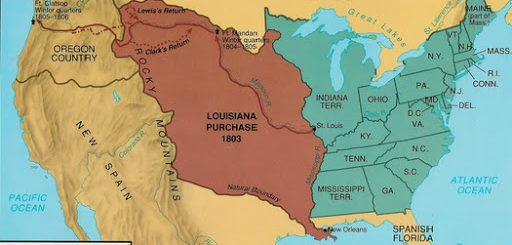
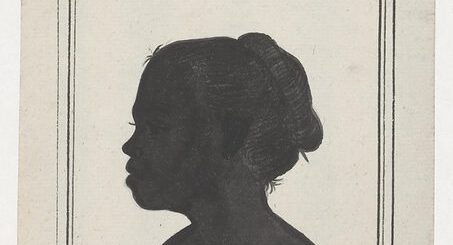
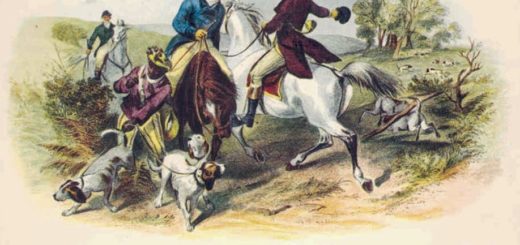
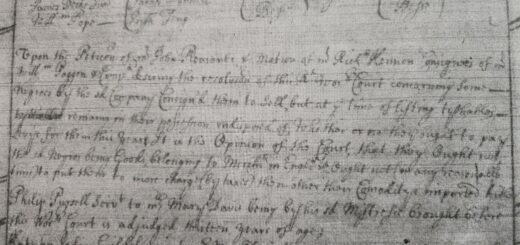

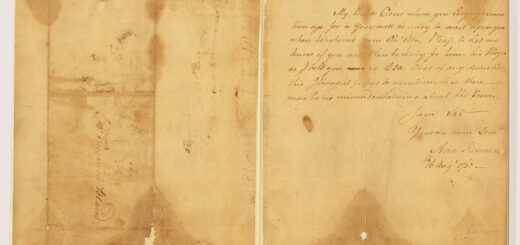
Wow! Very intriguing post! I’ve always wondered about the origin of the middle name. Very interesting about women not typically having middle names. My girlfriend doesn’t have a middle name, which I thought was so strange, but now it makes sense! Thanks, Todd!
Bo, thanks for subscribing and checking out my blog. That is intriguing that she does not have a middle name, especially being from an Irish family, they are big about two things, passing on family names through middle names and, if Catholic like my wife’s family, usually giving a child a middle name of a catholic saint or one of the apostles. One of my best friends, he has a middle initial, but it doesn’t stand for anything, no name, just an initial. Like my middle name, Eberle. It was my grandmother’s maiden name, my dad gave me the name because he wanted to continue it. When I was researching my family genealogy, I first started it in 2007, my first goal was to try to find the connection to Spotswood since that was what first got me into genealogy. Like I stated in the post, families used middle names sometimes to keep family names and connections going. That is what happened in my family’s case, it was like following a trail of breadcrumbs. My grandfather, Wilfred Spotswood Long, his great grandfather was Bernard Spotswood Crouch. Bernard’s 2nd great grandmother was Anne Catherine Spotswood, daughter of Governor Alexander Spotswood. It’s really neat too once you do your genealogy, and have a pedigree chart laid out before you with all the names of your ancestors going back 8 or 9 generations and you can see all the connections and how names get carried down through the generations. See you at work buddy!!!
I love this post. My last name is Watson the origin and the meaning is son of wat from Walter. I love this blog look forward to future post.
Noah, thanks for checking out my blog. Yeah name meanings as I have found are quite interesting. Also, some family crests have mottos on them. For example, the motto on the Long family crest is, Pieux quoique preux, which means pious although chivalrous. The Spotswood family motto is, Patior ut potiar, which means I suffer that I may obtain. I hope you find future posts just as interesting. Help spread the word about my blog, share it with others who you know may enjoy it or others who you know that may like history. See you at work buddy.
Very fun read! Curious about your thoughts and research on surnames among the Asian culture which I believe has been used for a couple thousand years, particularly the Chinese culture which actually puts the surname first. It was fun to research my surname both in my fathers and mothers side and is a good start to tracing ones genealogy. The Van Ripers go back to the PA Dutch in the late 1700s to early 1800s when a bunch of Dutch immigrated from the Netherlands and Germany. Before then the surname more widely used was Van Ripen or Riper. Anyways thanks for the post, looking forward to reading your others!
Hey John, hope you’re well buddy. Yeah I’ve thought about Asian names from time to time, usually when I watch the major tennis tournaments and they announce Asian players names and like you said, the last names are announced first. It used to throw me off until I looked into it and found out that it was a cultural thing. It’s cool that you know a bit about your background and family name. I as well have some PA Dutch in me as well. My grandmother’s whole side of the family was from Lancaster where they arrived in 1727. Keep in touch buddy, thanks for reading and I hope you continue to enjoy what I put out. Happy Thanksgiving to you and yours!!!